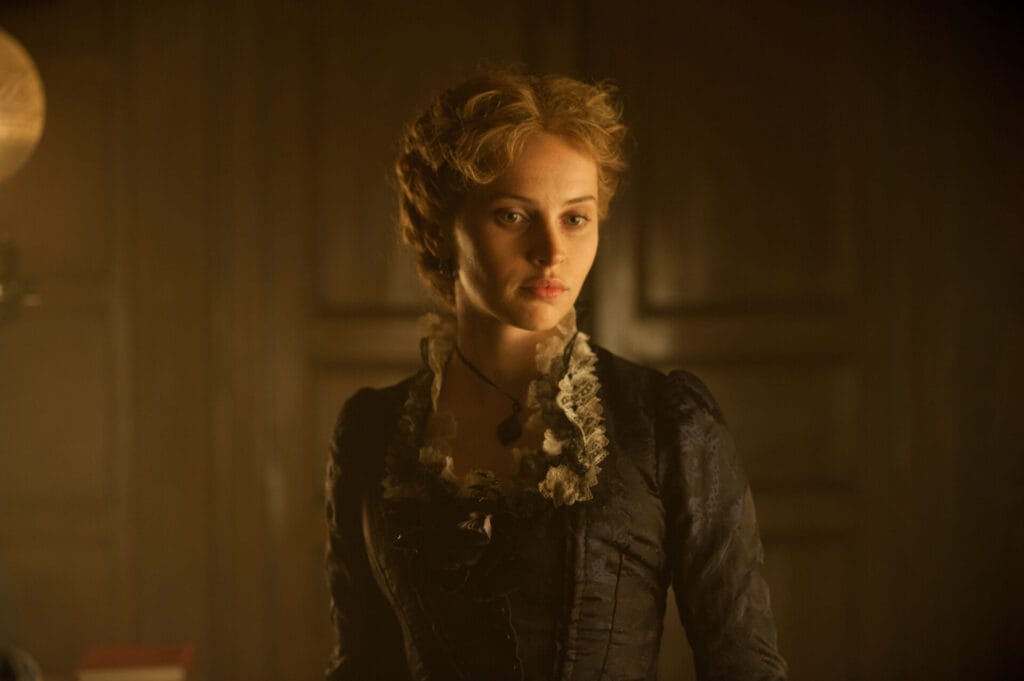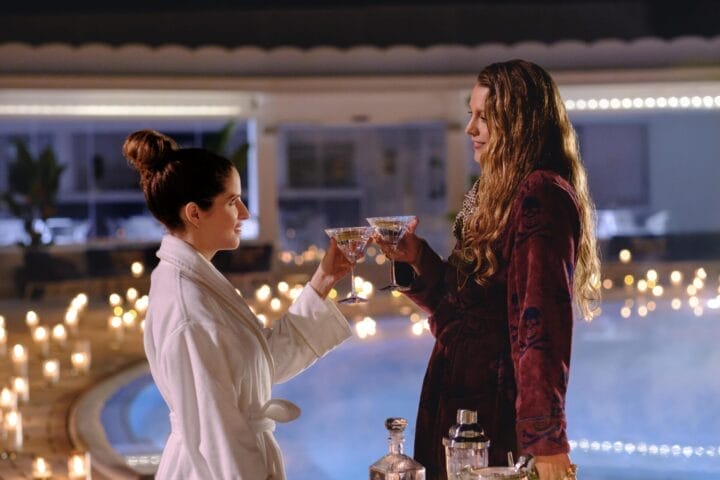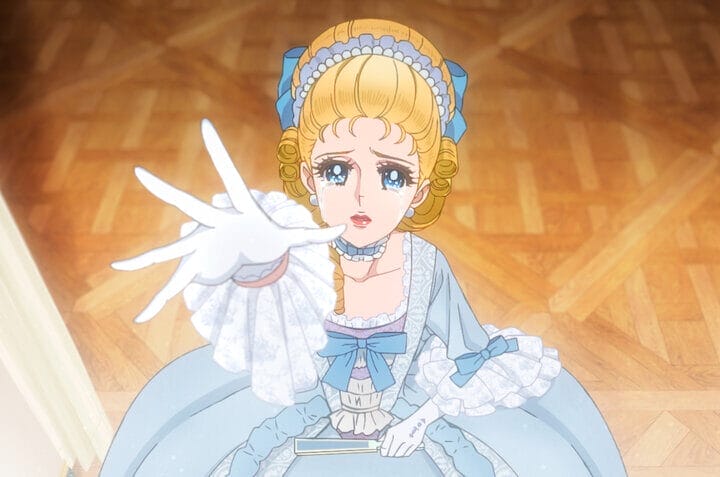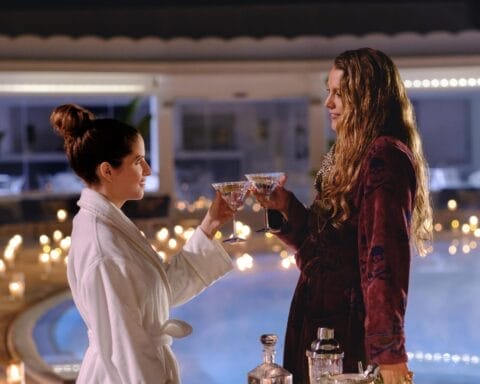Tracing the acclaimed British actress’s journey through indie breakthroughs, blockbuster leads, and her latest award-winning turn in ‘The Brutalist’.
Felicity Jones stands as one of Britain’s most accomplished and versatile actresses, navigating a career path that stretches from cherished children’s television roles to the heights of Hollywood blockbusters and critically lauded dramas. Her talent has earned her recognition across the spectrum of cinema, recently culminating in her second Academy Award nomination for her supporting role in the stark period drama The Brutalist. This achievement comes a decade after her first Oscar nod for her transformative portrayal of Jane Wilde Hawking in The Theory of Everything. The significant time elapsed between these two major recognitions underscores a career marked by sustained excellence and an ability to remain relevant and impactful through various industry phases. Jones has demonstrated remarkable range, captivating audiences as the determined rebel leader Jyn Erso in Rogue One: A Star Wars Story and embodying real-life figures with profound depth, establishing herself as a formidable presence in contemporary film.
Birmingham Roots and Academic Pursuits
Felicity Rose Hadley Jones entered the world on October 17, 1983, in Birmingham, West Midlands, England. She spent her formative years in the nearby community of Bournville, a place she has recalled with warmth. Her family background was steeped in media and creativity; her parents met while working at the Wolverhampton Express and Star newspaper. Her father pursued a career as a journalist and later a television producer, while her mother worked in the advertising industry.
Although her parents separated when she was just three years old, Jones and her elder brother were raised by their mother in a single-parent household that fostered strong familial ties. This environment, connected to the world of storytelling and communication, perhaps laid an early foundation for her future path. Further encouragement came from her uncle, Michael Hadley, a working actor who supported her burgeoning interest in performance. Adding another layer to her heritage, Jones has Italian ancestry traced back to a great-great-grandmother hailing from Lucca.
Despite achieving acting success at a young age, Jones prioritized her education. She attended Kings Norton Girls School before moving to King Edward VI Handsworth School to complete her A Levels. Following a gap year, during which she continued to act professionally, she embarked on higher education at the prestigious University of Oxford. In 2006, she graduated from Wadham College with a 2:1 (upper second-class honours) degree in English. Her time at Oxford was not solely academic; she actively participated in student theatre productions, including playing the title role in Attis and touring Japan with a production of Shakespeare’s Comedy of Errors alongside fellow future star Harry Lloyd. This dedication to completing a demanding degree at a top university, even with an established acting career, suggests a grounded nature and an intellectual curiosity. Her study of English literature provided a deep immersion in narrative, character, and textual analysis – skills that have undoubtedly informed her nuanced approach to acting and her later ventures into producing.
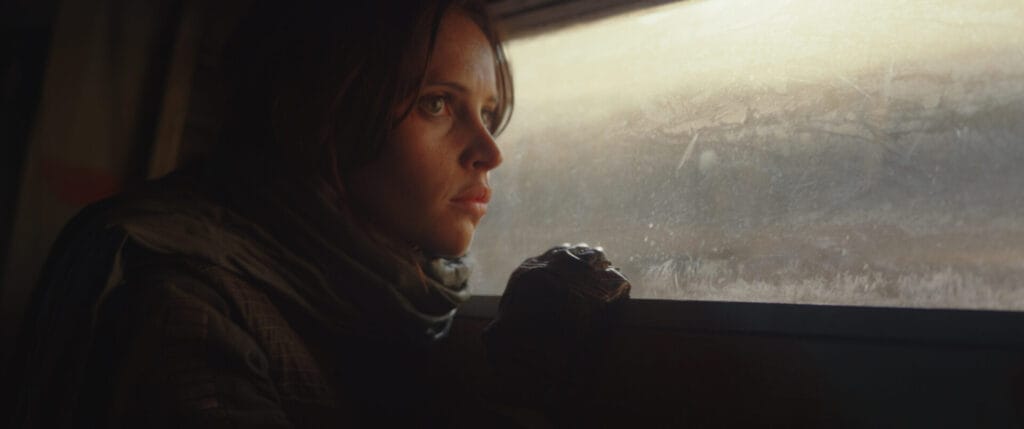
Early Career: Television, Radio, and Finding Her Footing
Jones’s professional acting journey began remarkably early. At the age of 12, she secured her first role in the 1996 television film The Treasure Seekers. This debut led swiftly to wider recognition among young British audiences when she was cast as the sharp-tongued school bully Ethel Hallow in the popular ITV children’s series The Worst Witch (1998-1999). Though she initially completed only the first series, reportedly due to homesickness, the character clearly made an impression. Jones would later reprise the role in the follow-up series Weirdsister College in 2001. Years later, reflecting on her early portrayal of the vindictive Ethel, Jones offered a humorous self-critique of the character she embodied as a teenager.
Alongside her burgeoning television work, Jones established a significant presence in radio. From 1999 to 2009, she provided the voice for Emma Carter (later Grundy) on the beloved, long-running BBC Radio 4 soap opera The Archers. This decade-long commitment offered consistent work and valuable voice acting experience, providing a stable thread through her late teens and university years as she navigated her education and the transition towards a screen career. It represented a practical means of honing her craft while pursuing academic goals and seeking film opportunities.
Her early resume also included roles in the BBC historical drama series Servants (2003), a starring turn as Catherine Morland in the television film adaptation of Jane Austen’s Northanger Abbey (2007), the mystery series Cape Wrath (2007), a memorable guest appearance in Doctor Who (2008), and portraying Margot Frank in the miniseries The Diary of Anne Frank (2009). She also gained stage experience, appearing in the Donmar Warehouse production of The Chalk Garden in 2008. Many of these early roles placed her within period dramas or fantasy settings, contributing to an initial screen persona often associated with British heritage productions and genre pieces. This context makes her subsequent breakthrough in a contemporary, naturalistic film all the more significant.
Indie Darling: The ‘Like Crazy’ Breakthrough
Following her graduation from Oxford, Jones steadily built her film career. She took on supporting roles in features such as Flashbacks of a Fool (2008), the adaptation of Brideshead Revisited (2008), Stephen Frears’s Chéri (2009), Ricky Gervais’s Cemetery Junction (2010), Soulboy (2010), and Julie Taymor’s visually distinct adaptation of The Tempest (2010), where she played Miranda.
The year 2011 proved to be a turning point. Jones appeared in the romantic comedy Chalet Girl, the drama Albatross, and the period comedy Hysteria. However, it was her performance in the independent romantic drama Like Crazy that truly marked her arrival on the international stage. The film, directed by Drake Doremus and co-starring Anton Yelchin, premiered at the Sundance Film Festival to critical acclaim. Jones’s portrayal of Anna, a British student navigating a long-distance relationship fraught with visa complications, earned her a Special Jury Prize for Acting at the festival. The performance was noted for its naturalism, achieved partly through improvised dialogue and Jones’s hands-on approach, which included doing her own hair and makeup for the role.
Like Crazy‘s success extended beyond Sundance. Jones received the Gotham Independent Film Award for Breakthrough Actor, the National Board of Review Award for Best Breakthrough Performer, and the Empire Award for Best Female Newcomer. More importantly, the film significantly boosted her profile, particularly in the United States, showcasing her ability to deliver a deeply affecting, nuanced performance in a contemporary, emotionally raw setting. Jones herself has indicated that this film represented a pivotal moment, aligning with the kind of independent filmmaking she had long admired and aspired to be part of. It demonstrated a powerful capability beyond the more structured, often historical roles that had characterized much of her earlier work, proving her strength lay not just in interpretation but also in raw, spontaneous creation.
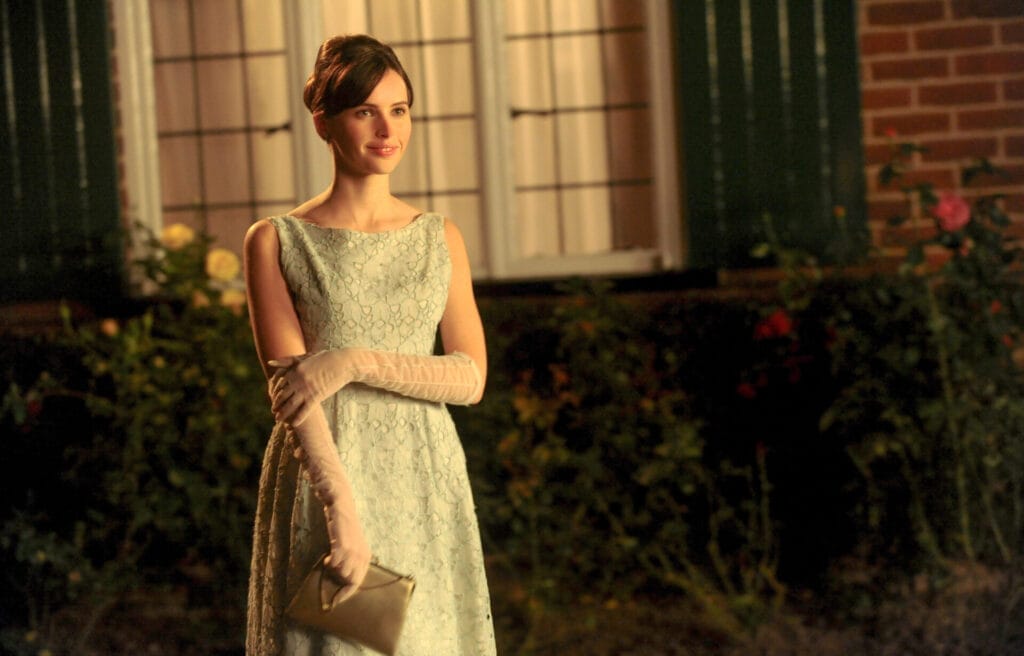
Global Recognition: ‘The Theory of Everything’ and Oscar Limelight
Building on the momentum from Like Crazy, Jones landed the role that would bring her global mainstream recognition and her first Academy Award nomination: Jane Wilde Hawking in the 2014 biographical drama The Theory of Everything. Directed by James Marsh and co-starring Eddie Redmayne as physicist Stephen Hawking, the film chronicled their complex relationship and Jane’s unwavering support through Stephen’s devastating ALS diagnosis. Jones reportedly connected instantly with the script, drawn to its portrayal as a love story rather than a conventional biopic.
Her preparation for the role was meticulous. She met with Jane Hawking several times, studied her memoir extensively (keeping it close on set), and worked with a vocal coach to capture Jane’s specific way of speaking. Jones expressed a strong desire to convey Jane’s resilience and quiet strength, focusing on the often unglamorous, challenging realities of her life as a caregiver and partner to a renowned figure grappling with severe disability. The film itself was noted for centering Jane’s perspective, presenting her not merely as a supporting figure but as a complex individual with her own struggles and desires. This focus on illuminating the experiences of women sometimes “eclipsed from history,” as Jones put it, resonated deeply and hinted at a thematic interest that would surface again in her career.
The critical response to Jones’s performance was overwhelmingly positive. She received nominations for the industry’s highest honors: the Academy Award for Best Actress, the BAFTA Award for Best Actress in a Leading Role, the Golden Globe Award for Best Actress in a Motion Picture – Drama, and the Screen Actors Guild (SAG) Award for Outstanding Performance by a Female Actor in a Leading Role. Numerous other nominations from critics’ groups followed, alongside accolades like the Santa Barbara International Film Festival’s Cinema Vanguard Award. The Theory of Everything firmly established Felicity Jones as a leading actress of international stature, capable of immense emotional depth and technical skill.
Blockbusters, Biopics, and Demonstrating Range
In the wake of her Oscar nomination, Jones embraced a diverse slate of projects, demonstrating her versatility by moving between large-scale studio productions and character-driven pieces. She had already appeared as Felicia Hardy in The Amazing Spider-Man 2 (2014). The mid-2010s saw her in the thriller True Story (2015) alongside Jonah Hill and James Franco, the action film Collide (2016), the fantasy drama A Monster Calls (2016), and Ron Howard’s Inferno (2016), the third film in the Robert Langdon series, starring opposite Tom Hanks.
Her most prominent role during this period came in 2016 when she took the lead as Jyn Erso in Rogue One: A Star Wars Story. Leading a film in the iconic Star Wars franchise marked a significant milestone. The role required considerable physical preparation, including training in weights and boxing to convincingly portray the scrappy, resilient rebel fighter. Her performance earned her the Empire Award for Best Actress and nominations from the Saturn Awards, MTV Movie & TV Awards, and Kids’ Choice Awards. Jones later commented positively on her compensation for the high-profile role, seeing it as fair recognition for her work. While Jyn Erso met a definitive end in the film, Jones has playfully suggested that “reincarnation is totally possible in the Star Wars universe,” leaving the door open, however slightly, for the character’s potential future.
Following her foray into galactic adventures, Jones returned to the biographical genre, portraying a young Ruth Bader Ginsburg in On the Basis of Sex (2018). This period showcased a deliberate strategy: Jones balanced commercially successful franchise films that broadened her global audience with prestigious character studies that maintained her artistic credibility. This diversification prevented her from being typecast and allowed her to continue pursuing the complex female roles she found compelling.
Sustained Presence and ‘The Brutalist’ Triumph
Entering the 2020s, Jones continued to build a varied and interesting filmography. She reunited with Theory of Everything co-star Eddie Redmayne for the Victorian-era adventure The Aeronauts (2019), a role that involved demanding aerial stunts which Jones performed herself after extensive training. She lent her voice to the animated feature Dragon Rider (2020) and starred alongside director George Clooney in the science fiction film The Midnight Sky (2020).
Marking a significant step behind the camera, Jones took on executive producer duties for the romantic drama The Last Letter from Your Lover (2021), in which she also starred. She followed this with another dual role as star and executive producer on the thriller Dead Shot (2023).
Her most recent critical success arrived with the 2024 film The Brutalist, directed by Brady Corbet. In a powerful supporting performance, Jones portrayed Erzsébet Tóth, the Holocaust-survivor wife of the film’s central character, an architect played by Adrien Brody. The role garnered widespread acclaim, leading to Jones’s second wave of major awards season recognition, a full decade after her first. She received nominations for Best Supporting Actress at the Academy Awards, BAFTAs, Golden Globes, and Satellite Awards, among numerous honors from critics’ associations. This triumph, achieved in a supporting capacity, reaffirmed her exceptional talent for bringing depth and nuance to complex characters within period settings, demonstrating artistic maturity and confirming her enduring appeal to filmmakers seeking powerful performances.
Expanding Horizons: Producing and Future Projects
Felicity Jones has actively expanded her career beyond acting, moving into the realm of production. In 2019, she co-founded her own production company, Piecrust Productions, alongside her brother, Alex Jones. Her executive producer credits on The Last Letter from Your Lover and Dead Shot signify a tangible involvement in shaping projects from an earlier stage. Jones has described this move as a “natural evolution,” stemming from her deep-seated interest in storytelling, fostered by her English literature background and her experiences as an actor being involved in the development process. This transition towards producing indicates a desire for greater creative control and the ability to bring compelling narratives to fruition from the ground up.
Her upcoming slate reflects this dual focus. She stars in the completed film Train Dreams, adapted from the Denis Johnson novella. Currently in post-production are the holiday comedy Oh. What. Fun. and the intriguing 100 Nights of Hero, on which she also serves as an executive producer. Adding to her producer credits, Jones is set to star in and executive produce One, a new drama series for Prime Video centered on the high-stakes world of Formula 1 racing, focusing on a family-owned team. This project marks Formula 1’s first officially sanctioned scripted series, placing Jones at the forefront of a potentially major television event.
Conclusion: An Evolving Artist with Enduring Impact
Felicity Jones’s career represents a compelling arc of growth and adaptation within the demanding landscape of the film industry. From her early days as a child actor in the UK, carefully balancing performance work with a rigorous education at Oxford, she transitioned seamlessly into challenging adult roles. Her breakthrough in the independent film Like Crazy showcased a raw, contemporary talent, paving the way for global stardom with her Oscar-nominated performance in The Theory of Everything.
She skillfully navigated the subsequent years, leveraging her increased profile to lead a major blockbuster like Rogue One: A Star Wars Story while continuing to pursue complex character studies and biographical roles such as Ruth Bader Ginsburg in On the Basis of Sex. Her recent, second Academy Award nomination for The Brutalist confirms her enduring ability to deliver critically acclaimed performances, demonstrating artistic maturity and a sustained commitment to challenging material.
Now, by actively engaging in producing through her own company, Jones is taking greater control of her creative path, shaping stories from their inception. Her journey exemplifies not only remarkable talent but also intelligent career management, adaptability, and a deep-seated passion for narrative. Felicity Jones remains a respected, versatile, and influential figure in contemporary cinema, consistently bringing intelligence, depth, and a quiet intensity to the screen.
